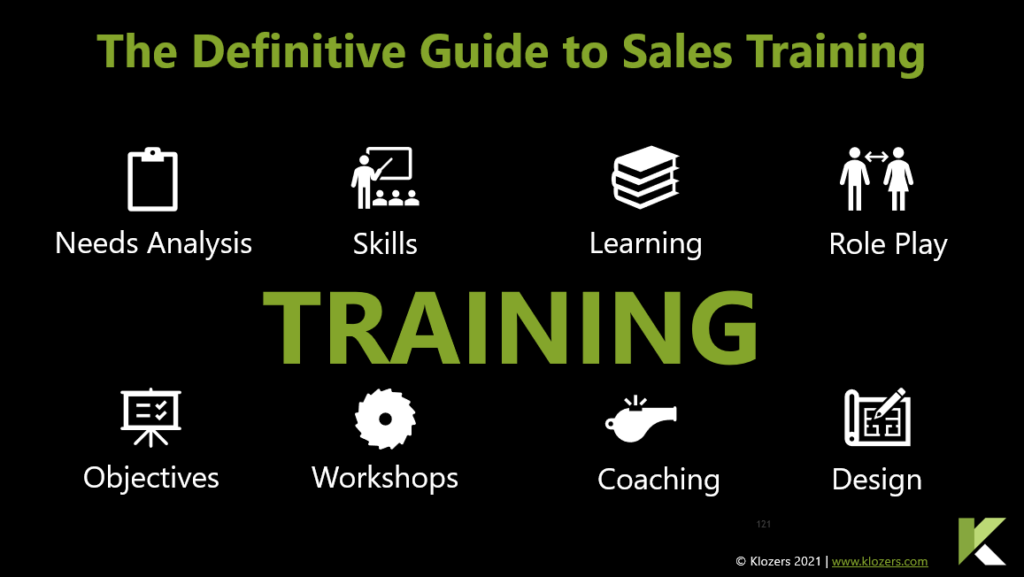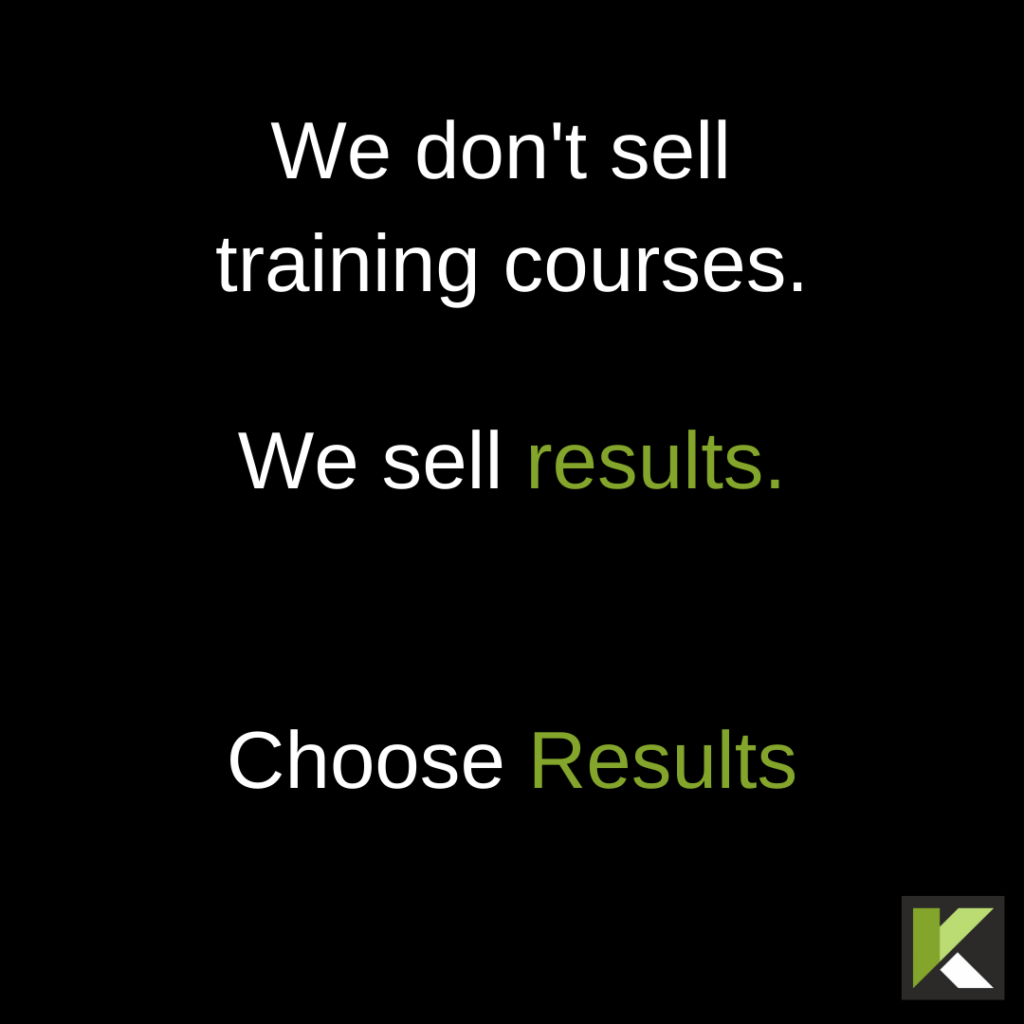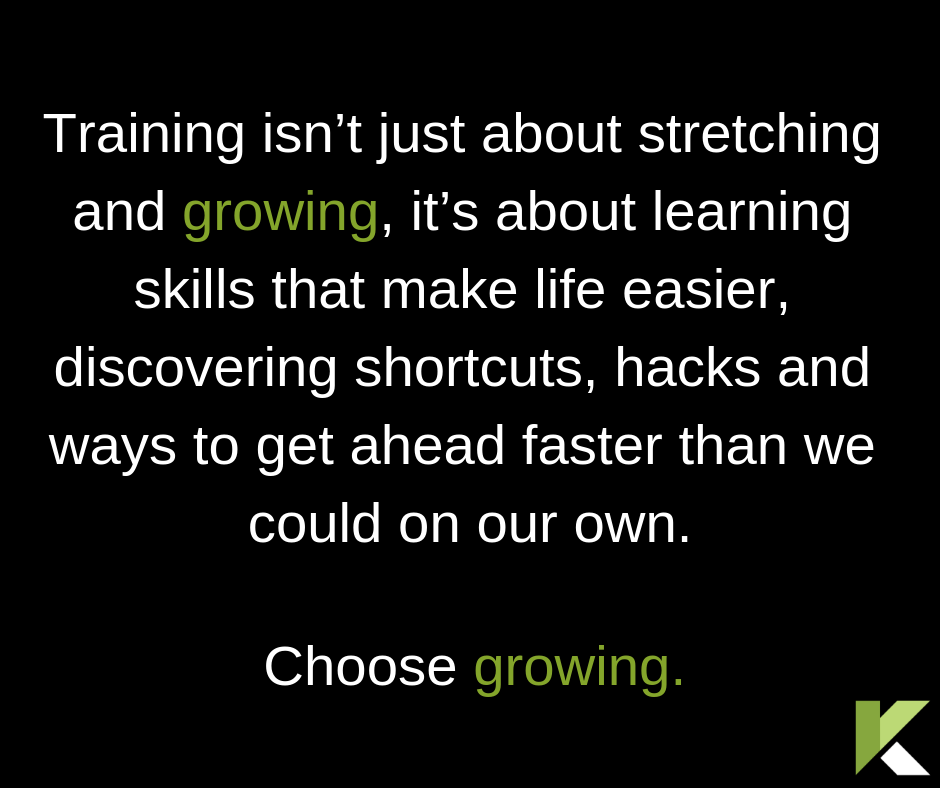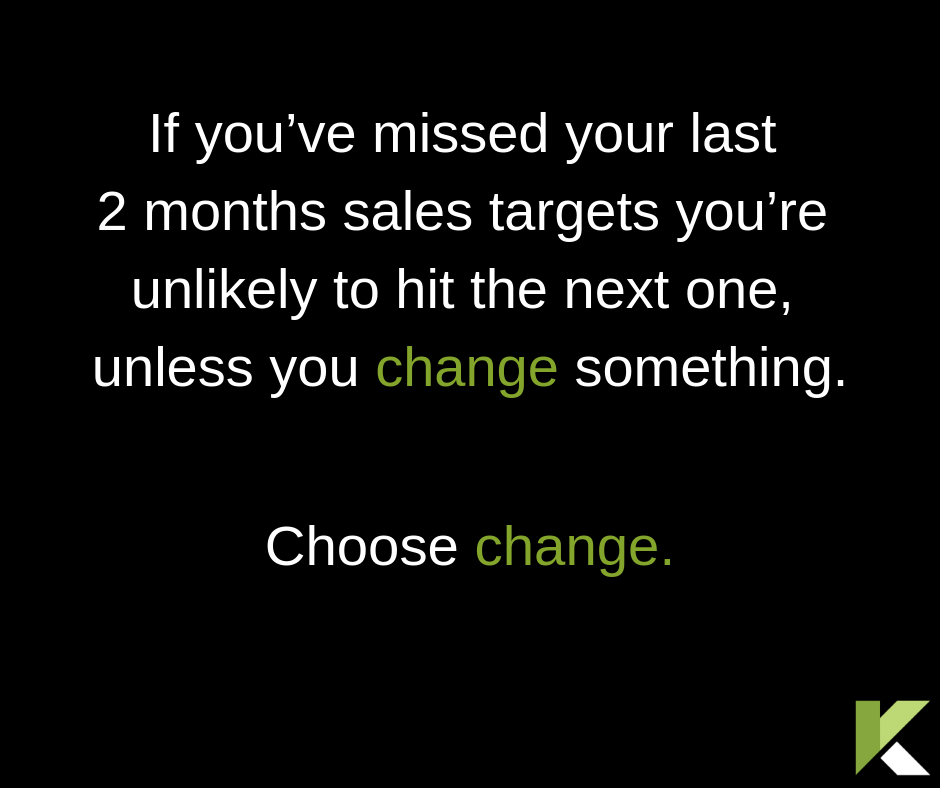Historically training was delivered via 1 and 2-day courses however as training itself has developed more and more organisations break down their training needs into Competencies. We group these competencies into the four main areas of sales performance which are:
1. Finding new customers
Why Prospects Buy, How to target prospect, Making Cold Calls to Prospect, How to Uncover Business Pain, Uncovering Where Prospects See Value, Using Social Media to Sell, Building a Personal Brand, Qualifying Sales Tenders, Listening Skills
2. Closing new customers
Building Trust, Consultative Selling Skills, Handling Stalls & Objection, Maintaining Sales Pipelines, Differentiating your Products and Services, How to Beat your Competition, Selling Value Not Price
3. Growing existing customer revenues and
Selling through Customer Service, Key Account skills, Maximising Meetings with Prospects, Preparing for Sales Negotiation
4. Development or Learning Goals
Managing Personal Time, Improving Self Performance, Understanding Human Behaviour, Leading Others, Coaching and mentoring, Mindset
The relevance of each Sales Competency can be different from one business to another and one industry to another however the main competencies we work with are








